

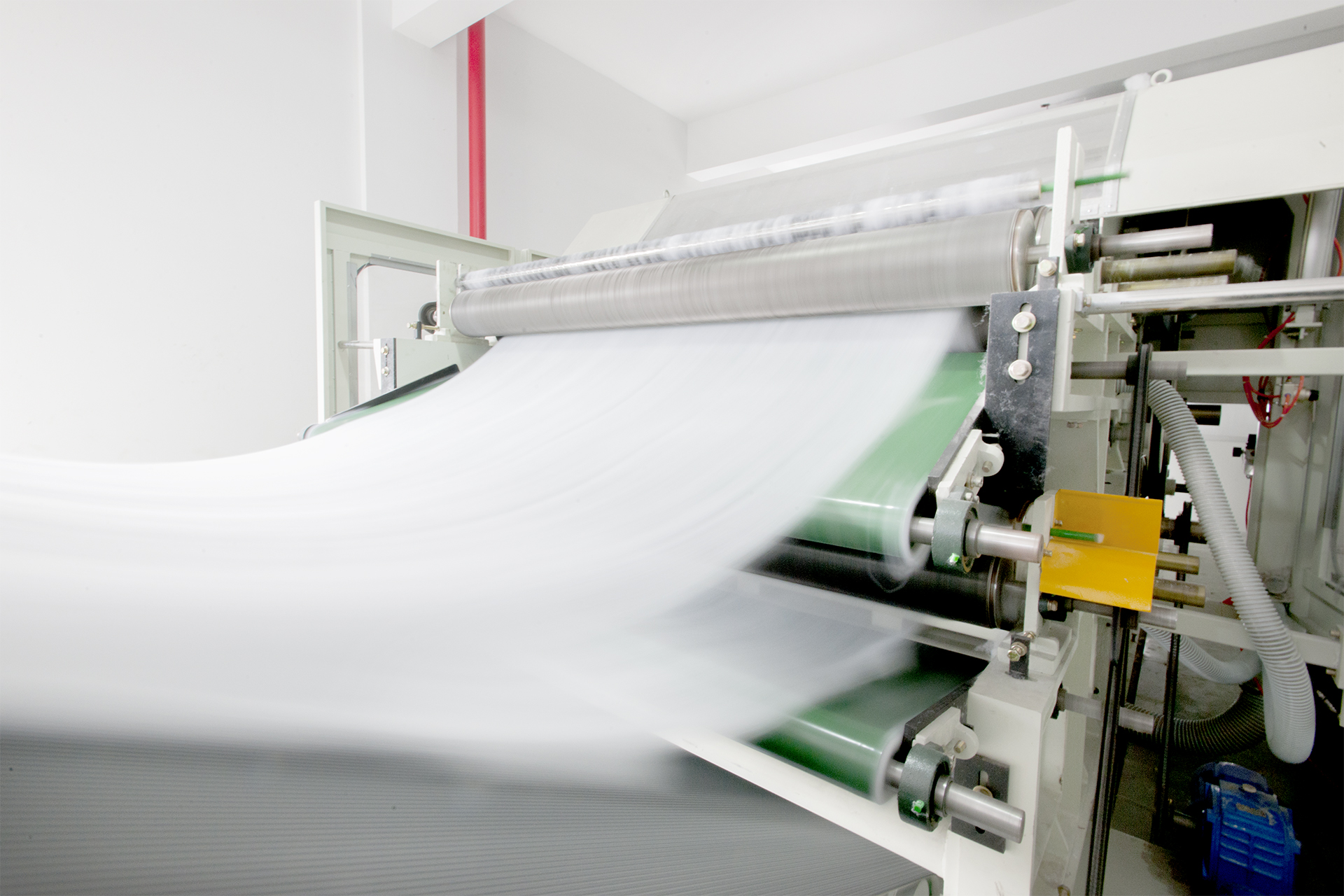
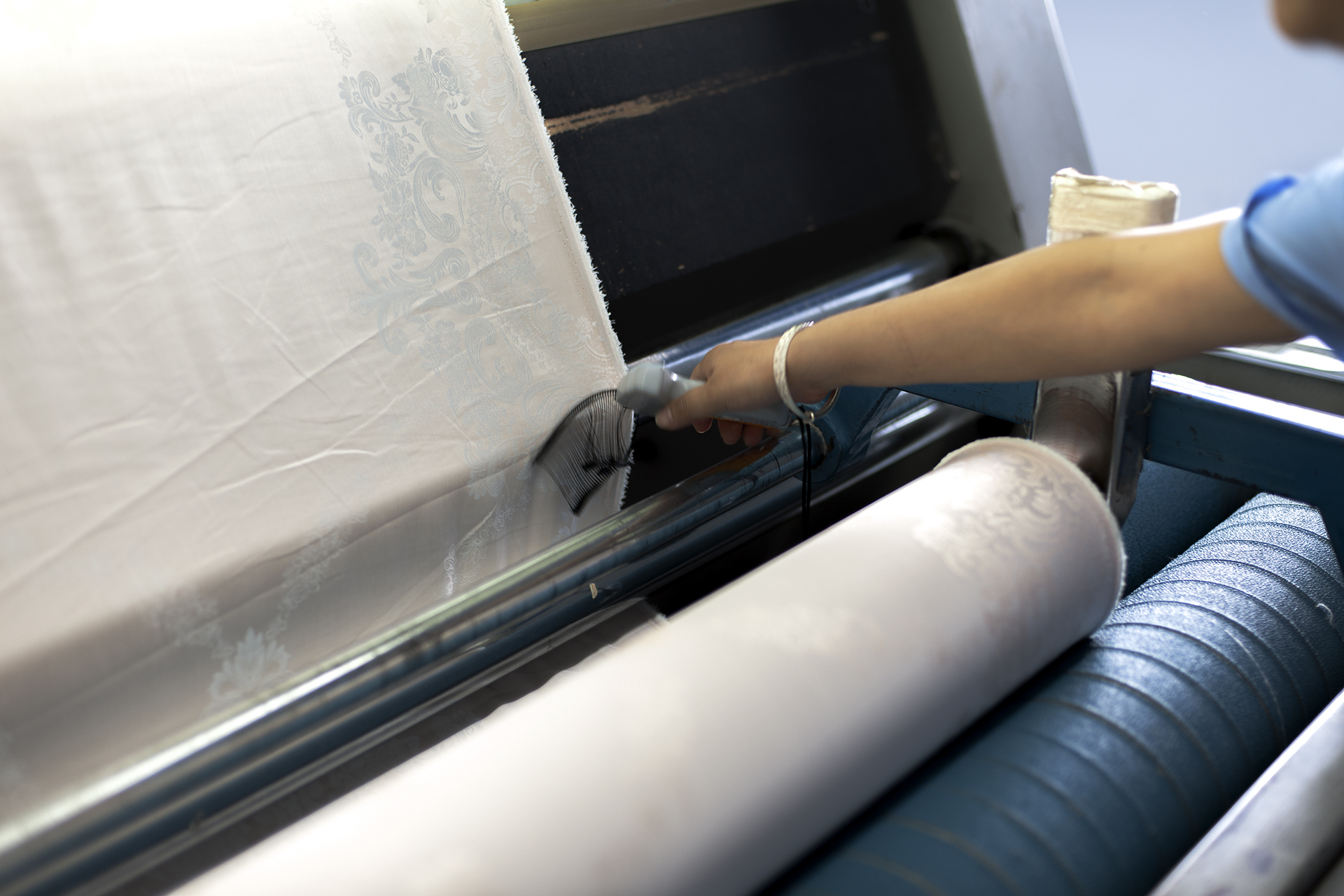
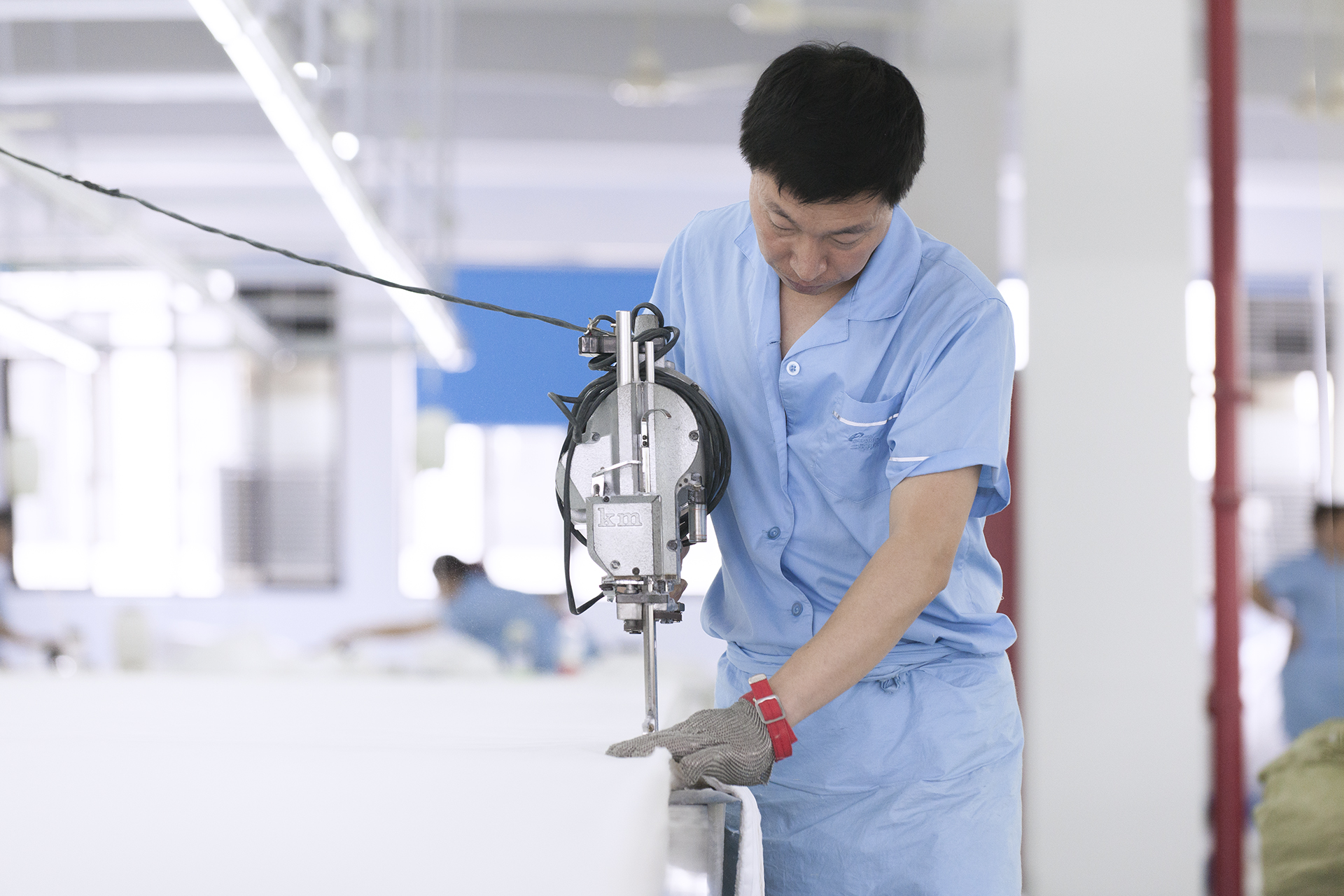
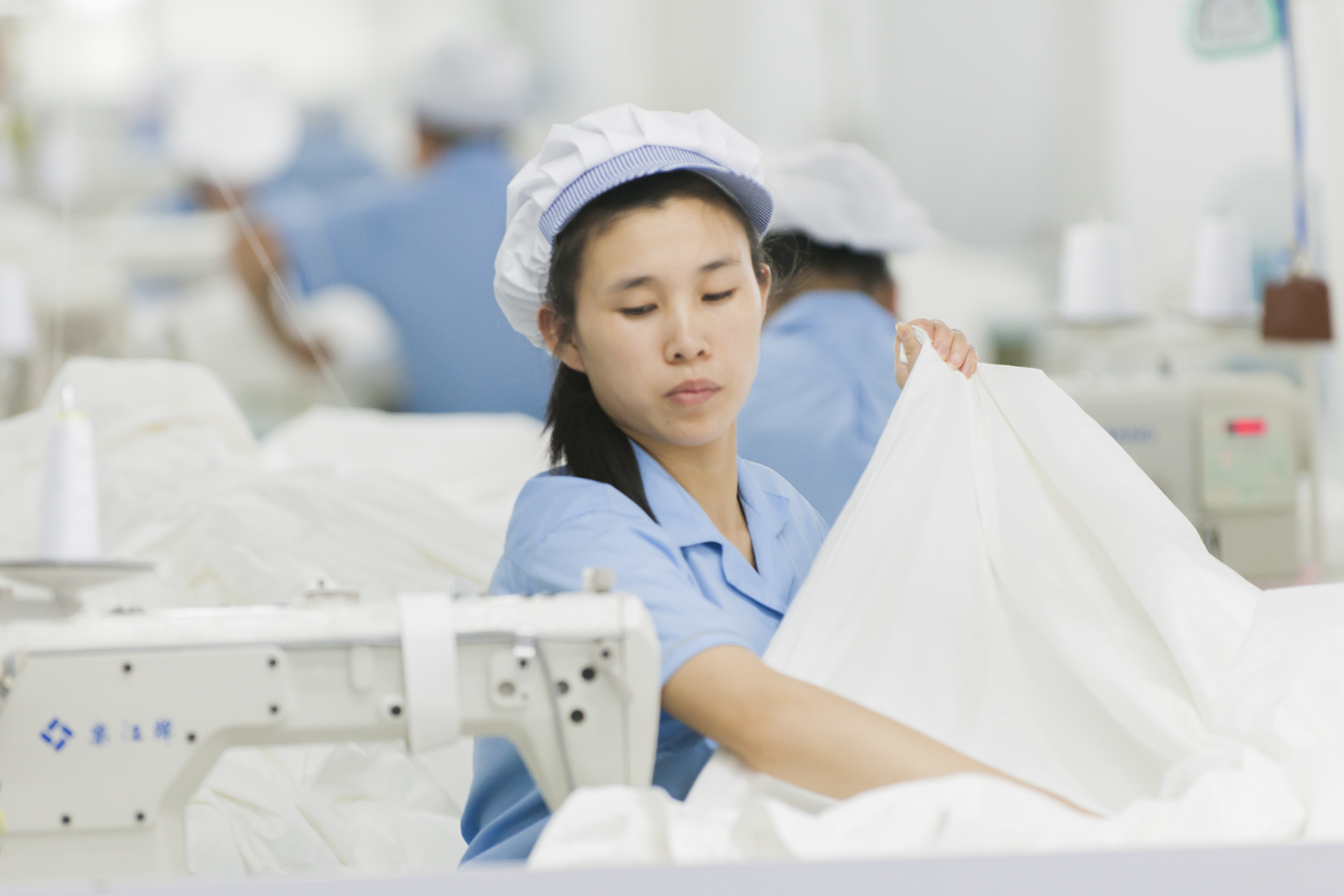
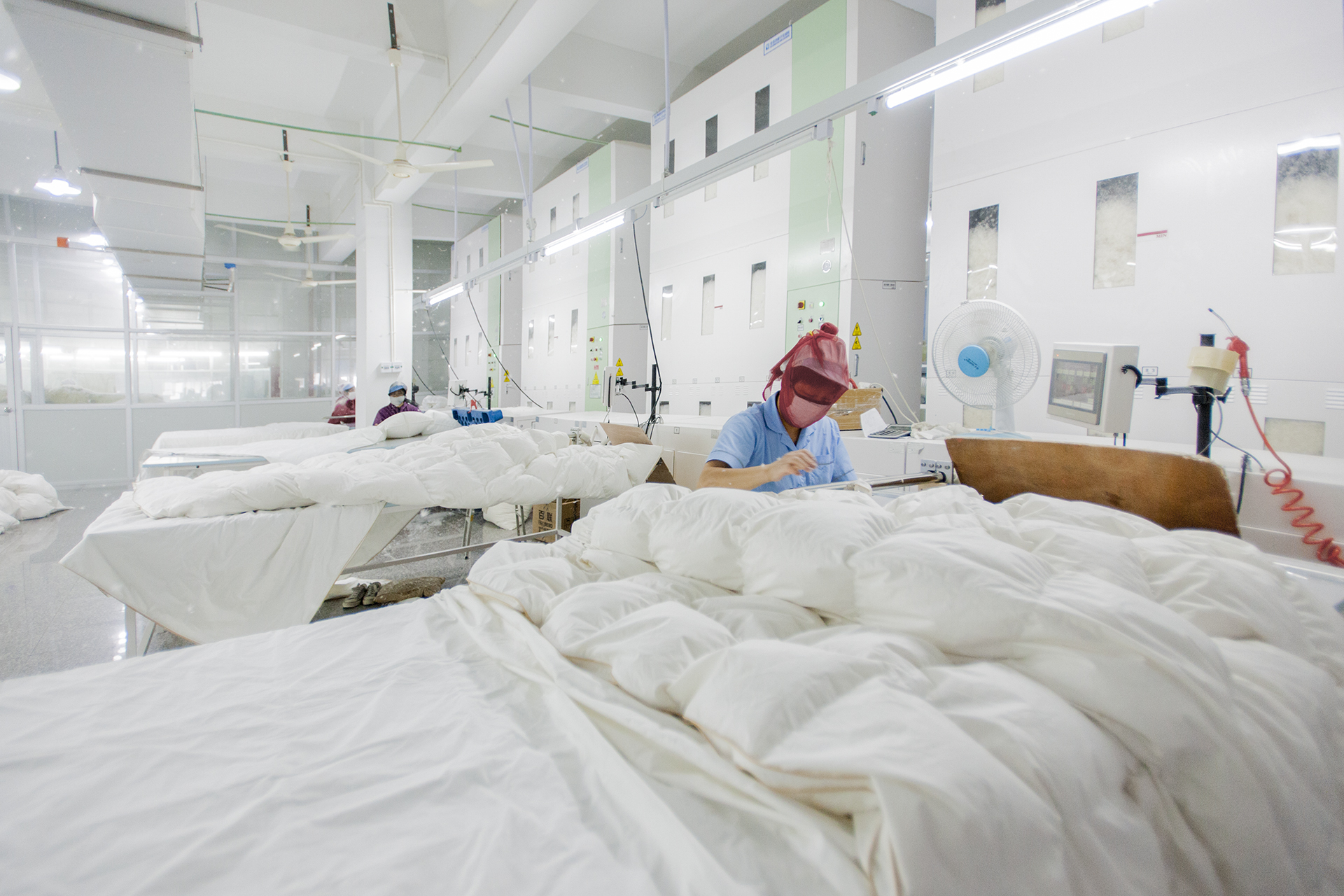
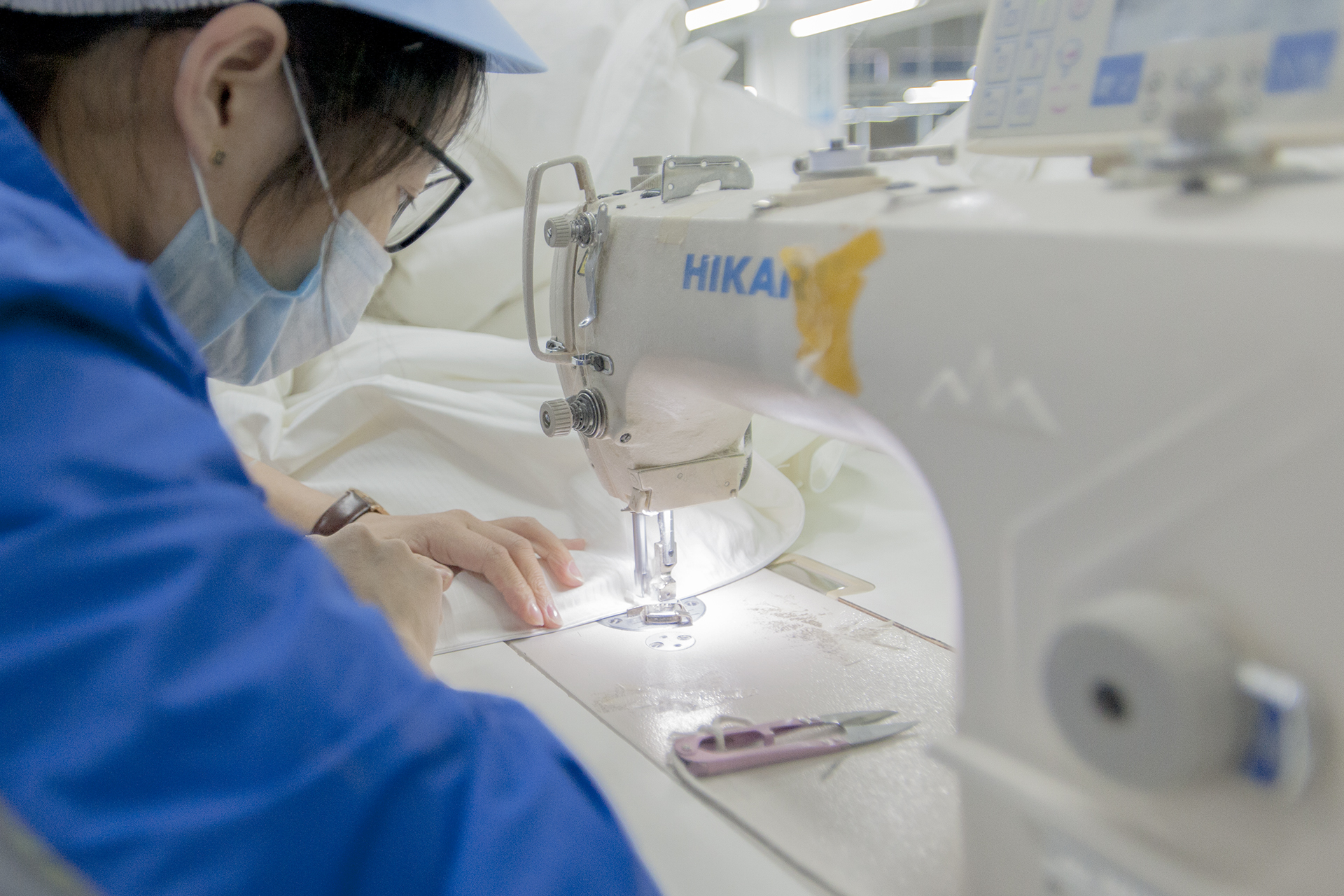
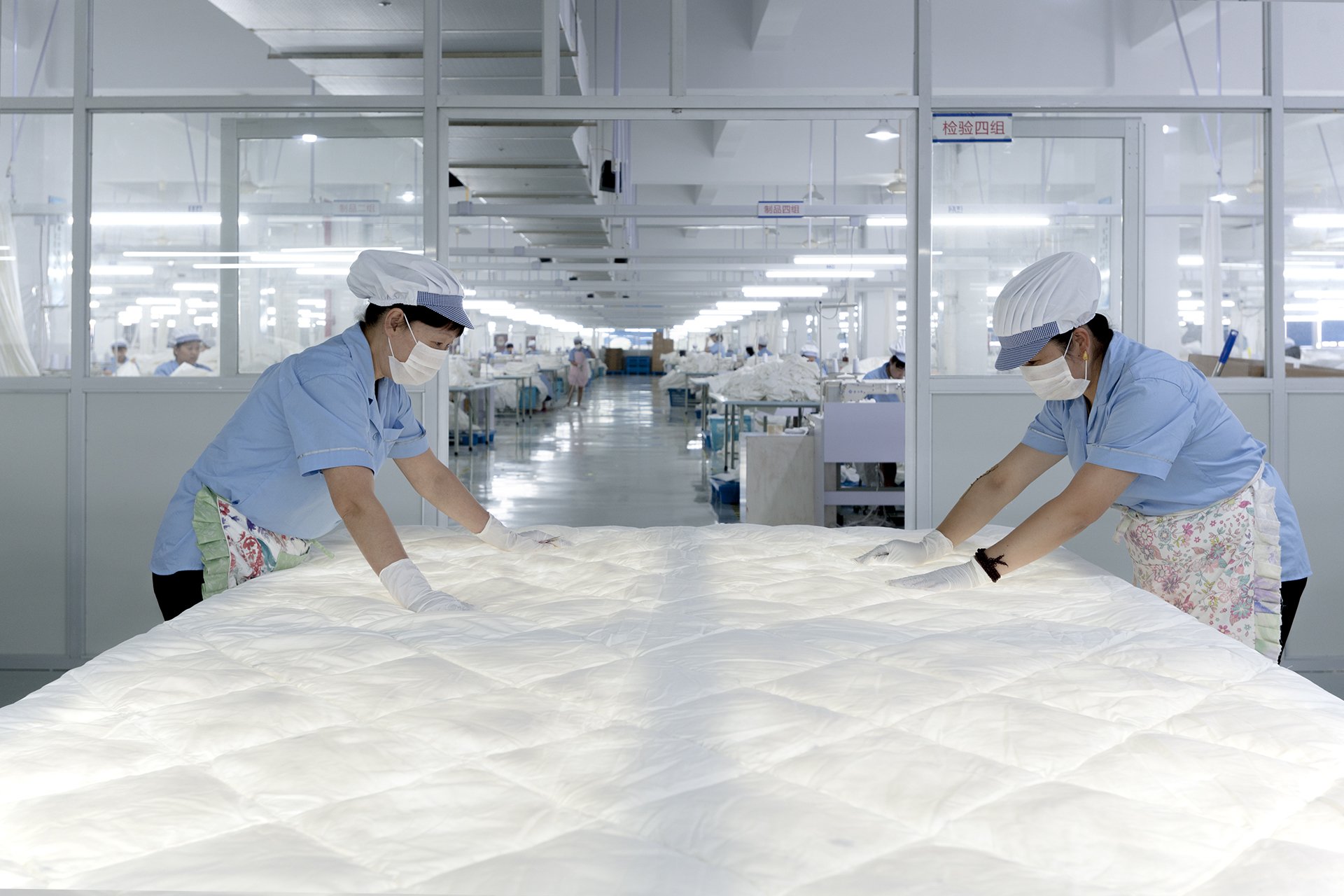
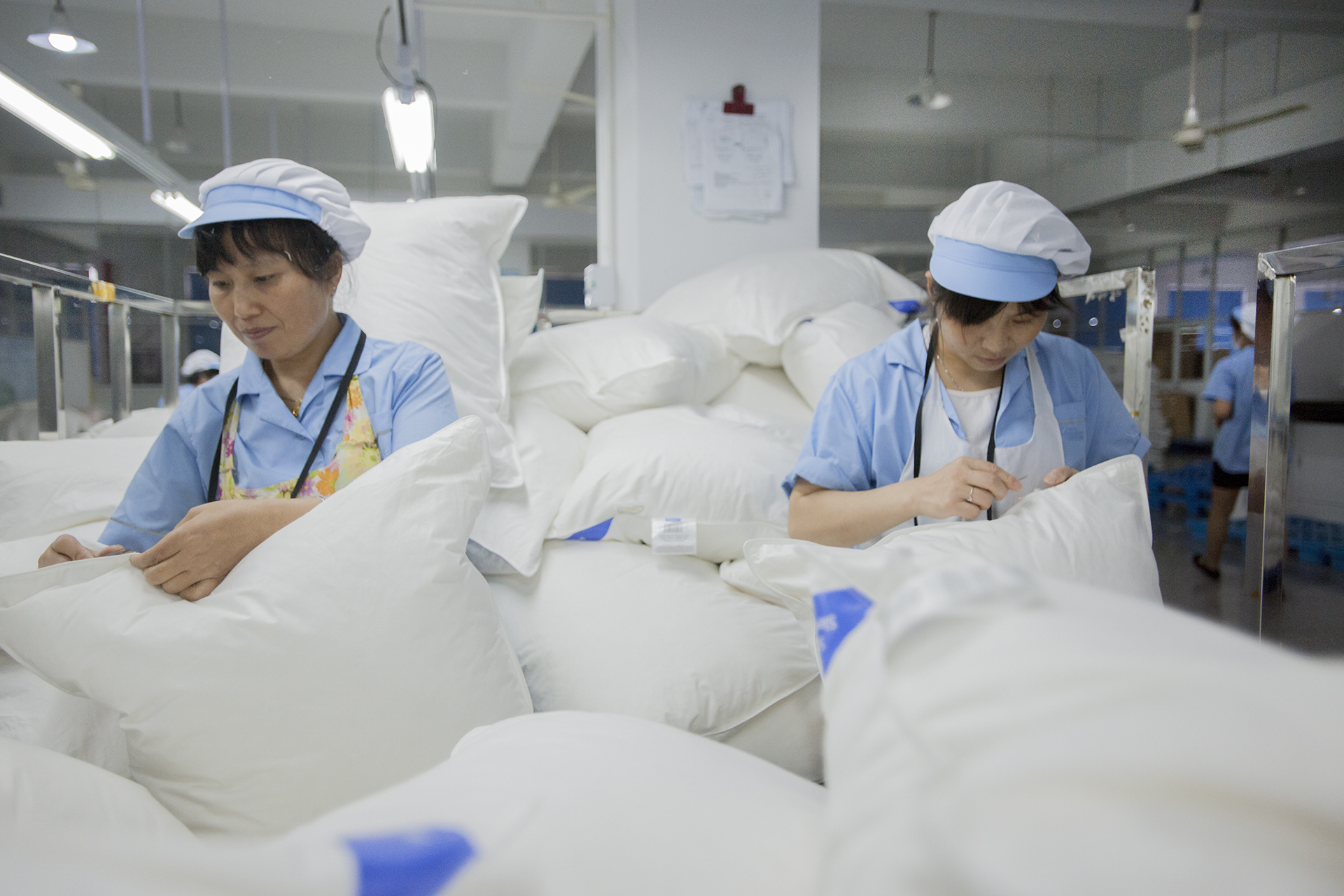
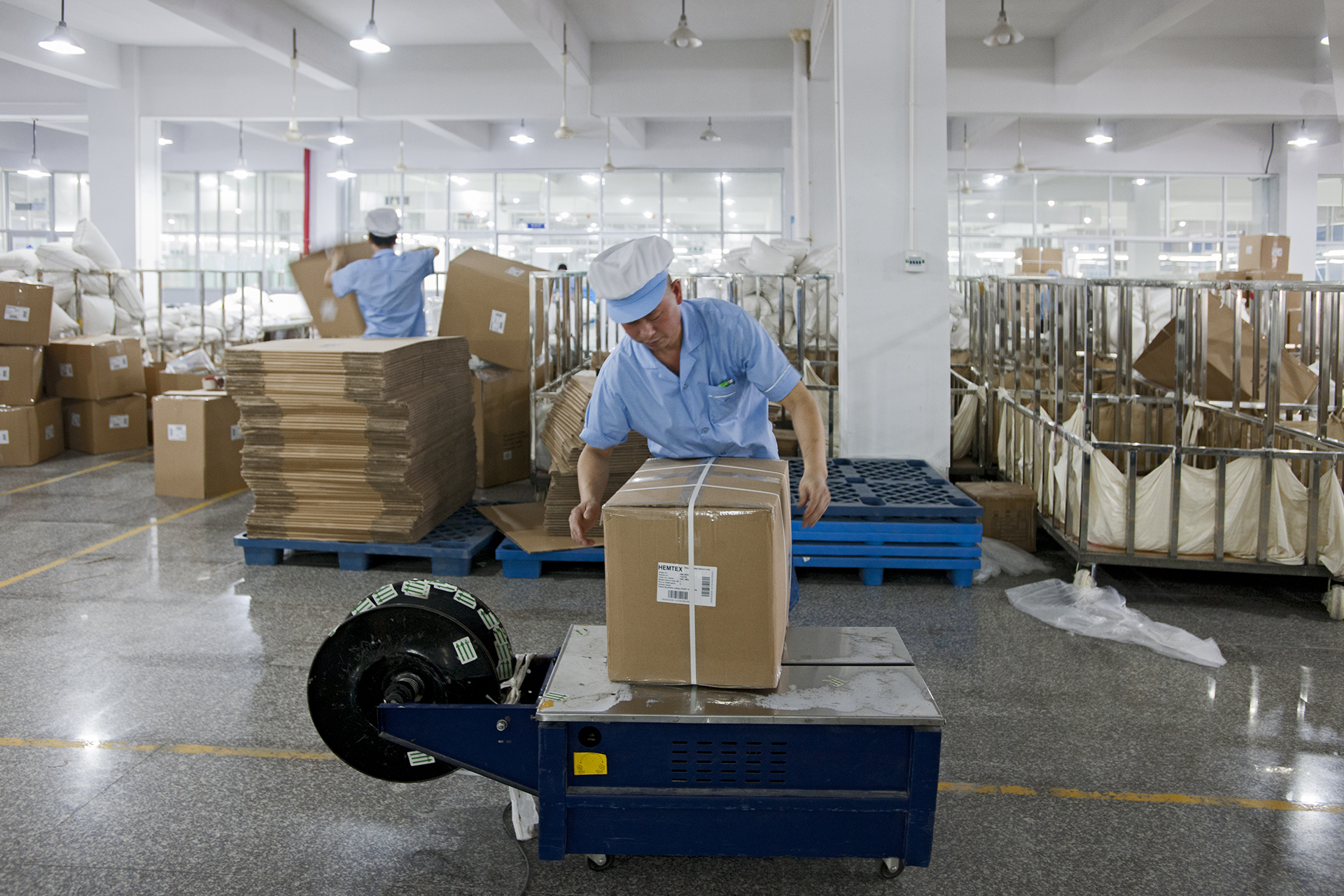

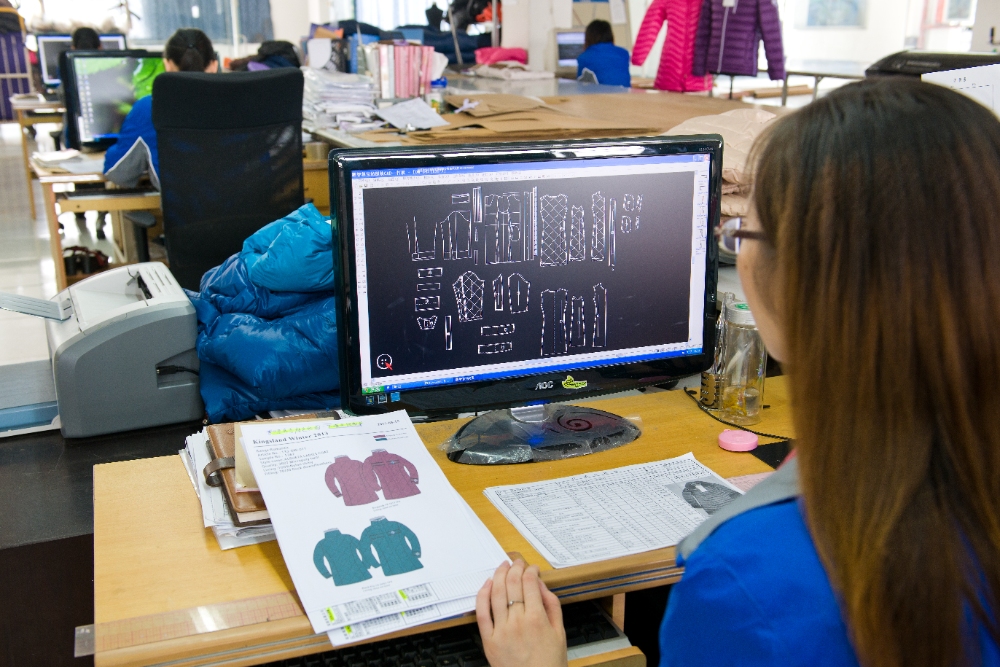
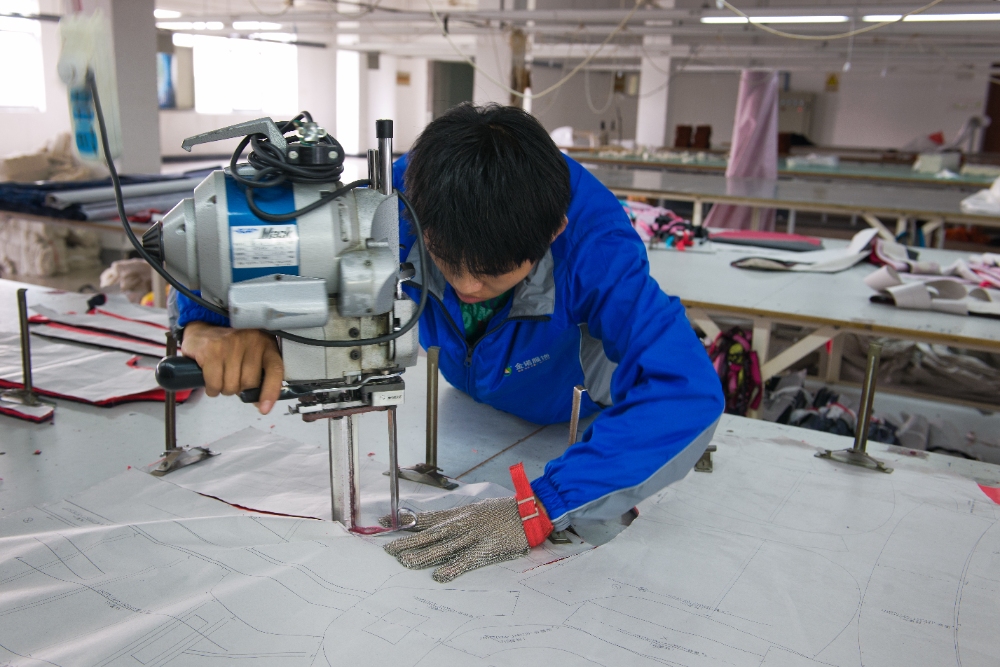
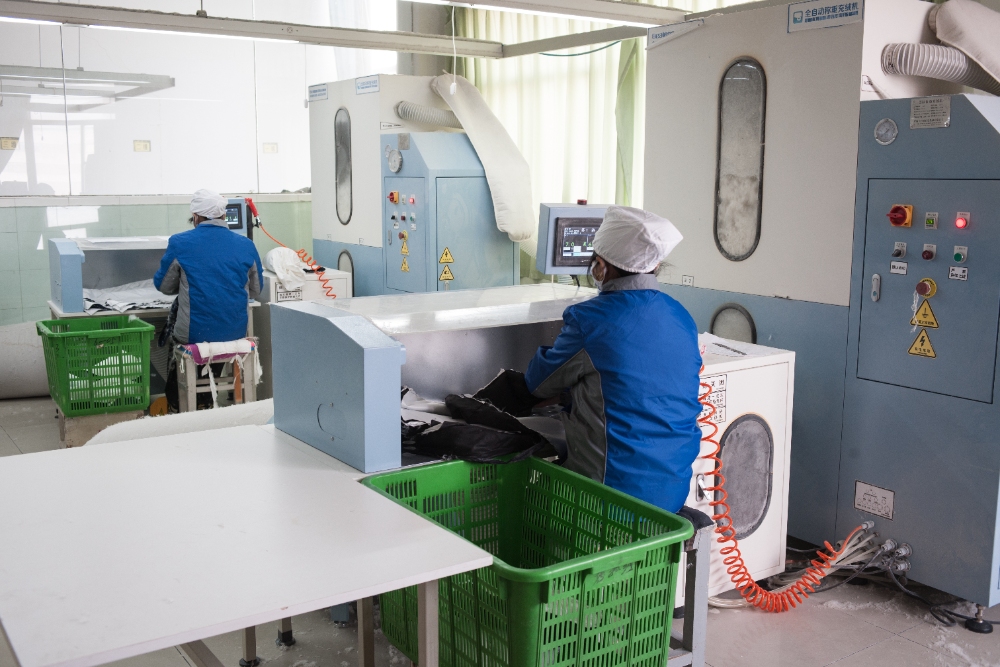
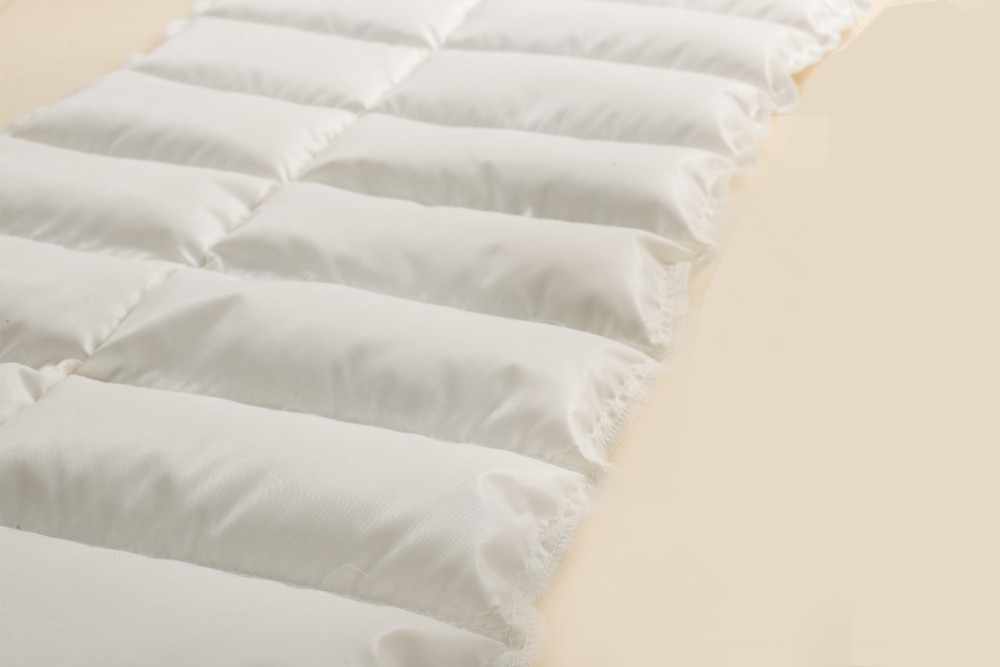
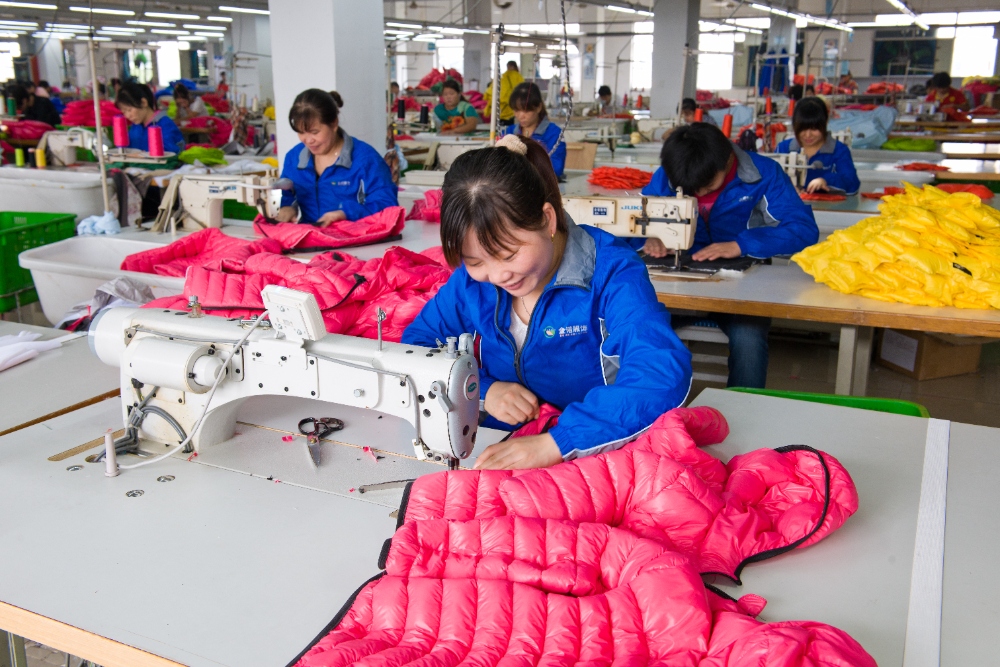
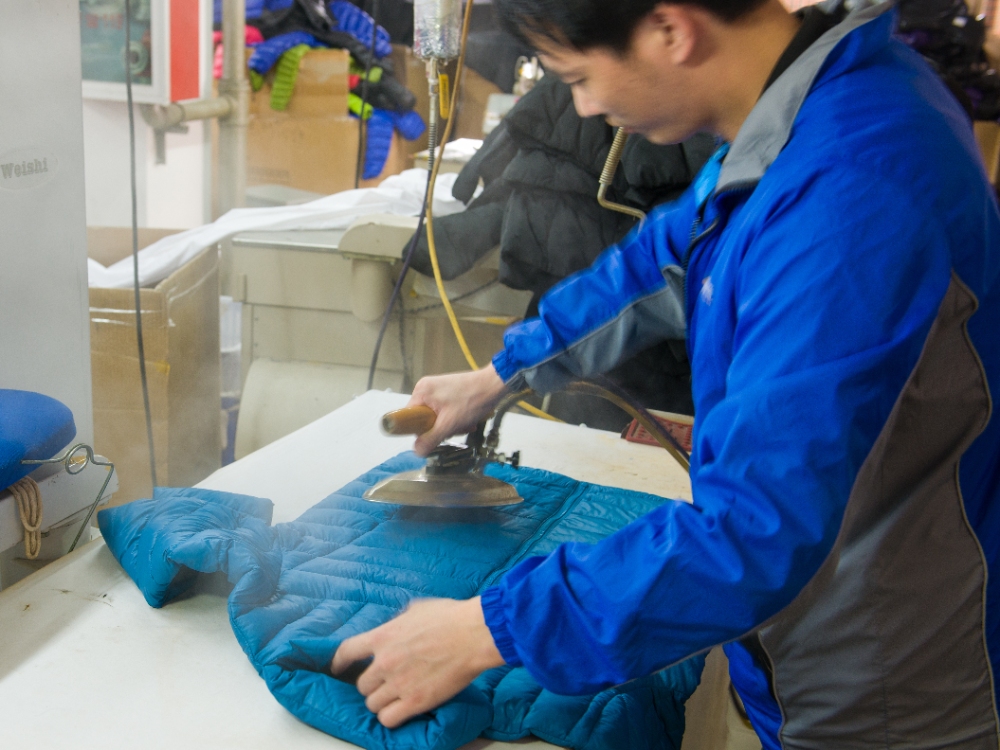




Marking the products with top class and quality, FDPCGL thus is a special mark only for feather and down products of good quality. Goose and duck feather & down filled products can be labeled with the FDPCGL, which can prove three points:
1. The quality of the products meets the national and industrial testing standard.
2. The product is mid-high class with fine workmanship, new fabric and the latest trend.
3. The producer provides good after-sales services.
The enterprises who apply for FDPCGL are strictly examined and certified by CFDIA. Annually CFDIA inspects and certifies the enterprises that are already certified with the FDPCGL in order to keep the label’s authority, solemnity, and justice.
CFDIA insists on introducing new enterprises and products with FDPCGL to consumers and large malls in order to provide more convenience to customers and benefit them as much as possible.
With its decades of experience, the STANDARD 100 by OEKO-TEX® therefore contributes to high and effective product safety from a consumer’s point of view. Test criteria and limit values in many cases go far beyond applicable national and international standards. Extensive product checks and regular company on-site visits also ensure that the industry has a globally sustainable awareness of the responsible use of chemicals.
The precondition for the certification of products in accordance with STANDARD 100 by OEKO-TEX® is that all parts of an article meet the required criteria - in addition to the outer fabric, for example, also the sewing threads, inserts, prints etc., as well as non-textile accessories, such as buttons, zip fasteners, rivets etc.
The OEKO-TEX® label indicates the additional benefits of tested safety for skin-friendly clothing and other textiles to interested end users. The test label therefore provides an important decision-making tool for purchasing textiles.
The standard recognizes and rewards the best practices in animal welfare. Not only farmers, but brands and supply chain members need to meet their obligations to respect the Five Freedoms of the animals that provide their down and feathers, and to meet the trust of consumers that are choosing RDS products.
The 5 freedoms are:
1.Freedom from Hunger and Thirst - by ready access to fresh water and a diet to maintain full health and vigor.
2.Freedom from Discomfort - by providing an appropriate environment including shelter and a comfortable resting area.
3.Freedom from Pain, Injury or Disease - by prevention or rapid diagnosis and treatment.
4.Freedom to Express Normal Behavior - by providing sufficient space, proper facilities and company of the animal's own kind.
5.Freedom from Fear and Distress - by ensuring conditions and treatment which avoid mental suffering.

The GRS is intended to meet the needs of companies looking to verify the recycled content of their products (both finished and intermediate) and to verify responsible social, environmental and chemical practices in their production.
The objectives of the GRS are to define requirements to ensure accurate content claims and good working conditions, and that harmful environmental and chemical impacts are minimised.
This includes companies in ginning, spinning, weaving and knitting, dyeing and printing and stitching in more than 50 countries.
With the DOWNPASS, both finished products (e.g. down jackets and sleeping bags) and down and feather transport containers (e.g. packed in balls or sacks) can be traced all the way back through the chain of custody. The Downpass unites ethical and quality inspection criteria, whilst documenting the origin (traceability) of feathers and down from waterfowl (ducks and geese) that are used as filling material for clothing, outdoor equipment and bedding. Traceability audits and quality inspections are carried out by recognized, neutral third parties. Assurance must be given that products only contain down and feathers that were not plucked from live animals.
In terms of quality, products that carry the Downpass seal must meet the requirements detailed on the label. The supply chain of every company in the bed-feather and bedding industry is international and individual. The standard also represents the way to the large breeding areas as well as to small farms and collectors.
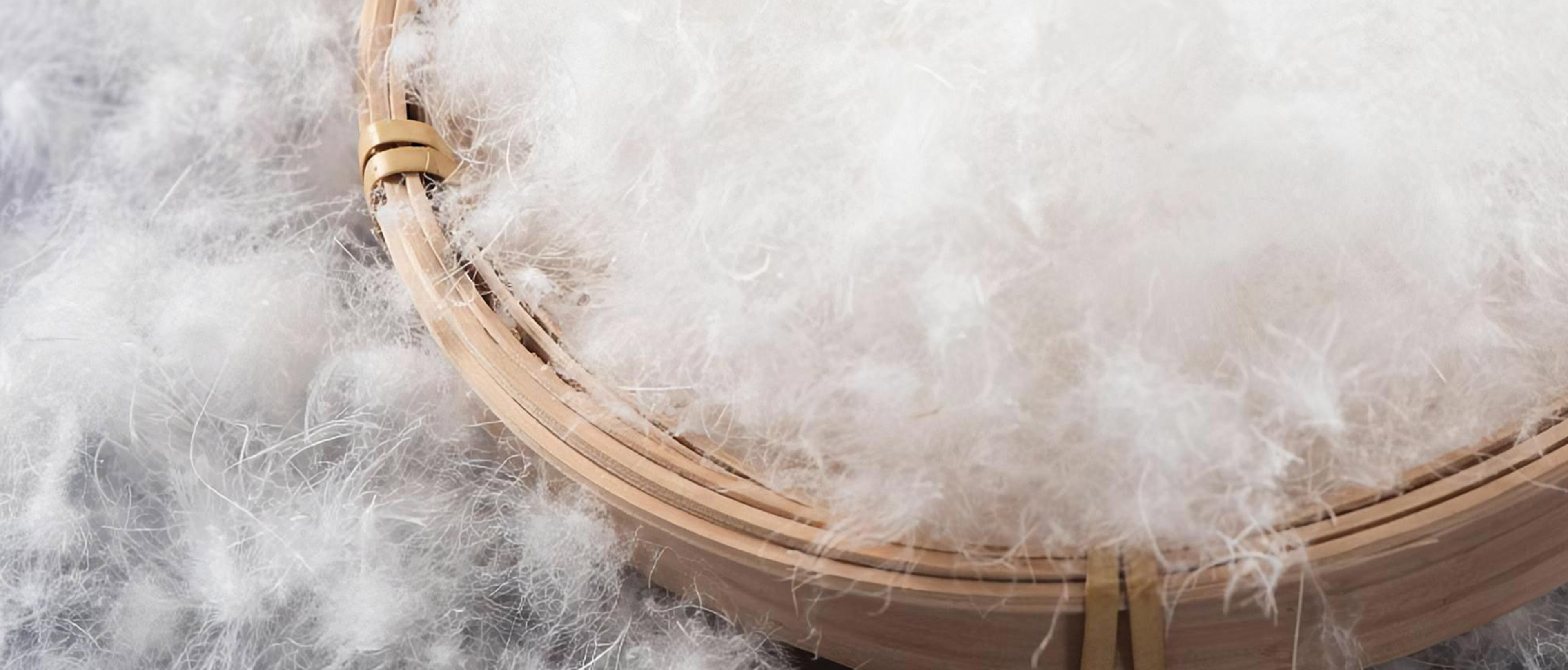
Our strong code of conduct has 11 principles that support our members. These range from fair remuneration to no child labor, along with a step-by-step approach that enables companies to monitor, engage, get empowered and receive support to put sustainable trade at the heart of their business.
Through our advocacy and policy work we seek to shape an environment where sustainable trade can flourish. By engaging with policy makers, key organizations, governments and institutions, and establishing mutually beneficial partnerships, we can have a bigger impact on issues pertinent to social compliance.